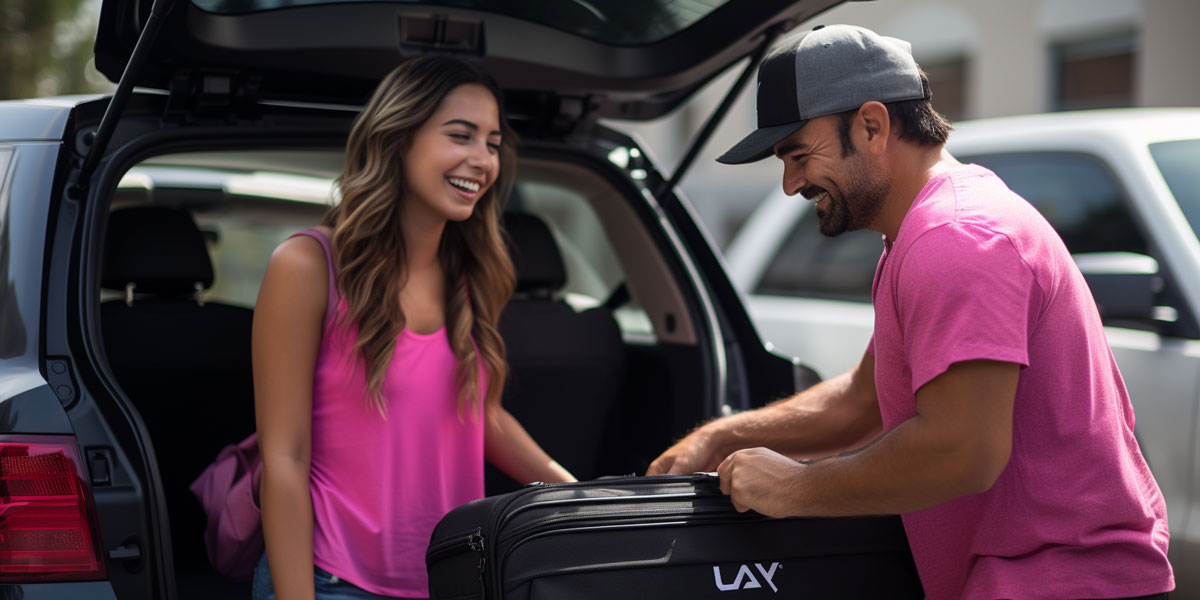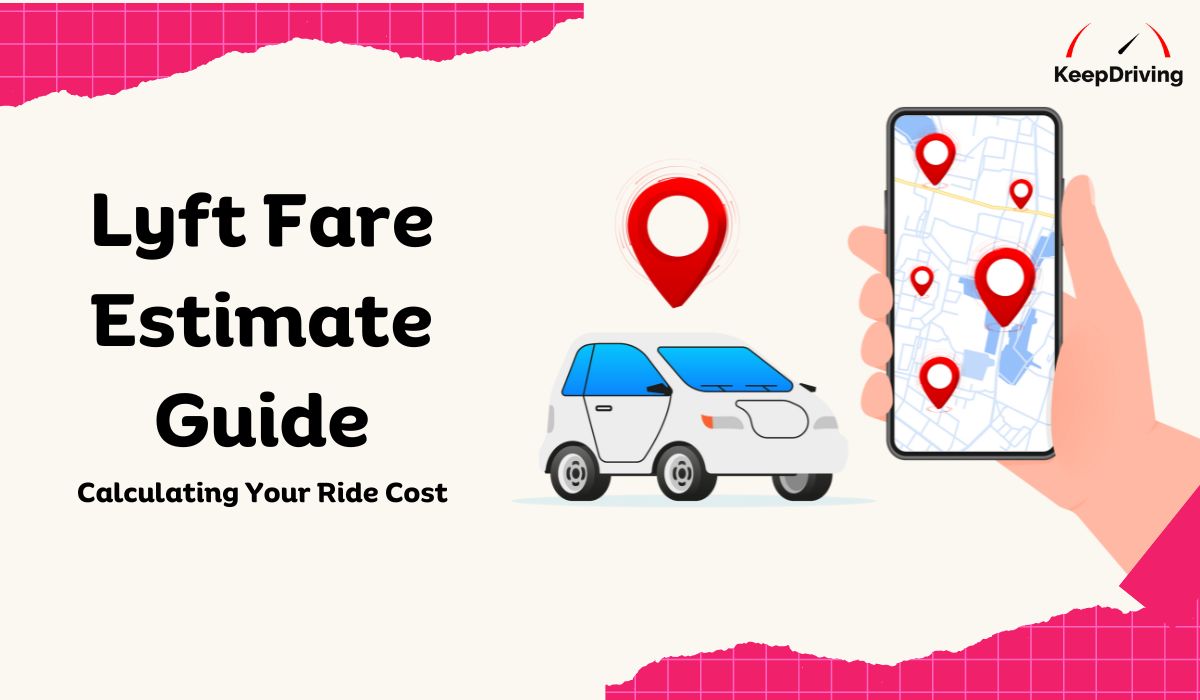In the realm of gig economy opportunities, rideshare platforms like Lyft offer an appealing way to earn money. However, the question, "How long after a DUI can you drive for Lyft?" is often asked by prospective drivers who've had a past run-in with the law. This article explores this query in depth, offering insights into Lyft's policies and the impact a DUI may have on your ability to become a Lyft driver.
Lyft's Background Check Criteria
Lyft conducts comprehensive background checks on all potential drivers to ensure passenger safety. These checks include, but are not limited to, driving records and criminal history.
A DUI conviction is a serious offense that will surface during these checks. According to Lyft's policy, they will disqualify any applicant with a DUI conviction in the past seven years. This guideline falls under Lyft's Zero-Tolerance Drug and Alcohol policy, which aims to ensure the safety of both passengers and drivers.
Impact of a DUI on Your Lyft Driving Application
Immediate Disqualification
After a DUI conviction, you'll need to wait seven years before Lyft will consider your application. This waiting period starts from the date of the conviction. Applying before this period concludes will result in immediate disqualification.
Possible Effect on Ratings
While this is speculative, past DUI convictions, once you're allowed to drive for Lyft, may impact passenger perceptions and ratings if they somehow find out about it.
Improving Your Profile Post-DUI
While a DUI conviction is a serious setback, it's not a life sentence. Here are some steps you can take to improve your profile:
-
Wait It Out: Respect Lyft's seven-year rule and use that time to maintain a clean driving record.
-
Defensive Driving Course: Consider taking a defensive driving course. While this won't erase the DUI conviction, it can demonstrate your commitment to safe driving.
-
Check Your Record: After the seven-year period, check your driving record to ensure the DUI conviction isn't still showing up.
Things to Do After Your DUI Arrest
A DUI arrest can be a terrifying and confusing experience. It's important to take appropriate steps after a DUI arrest to ensure your rights are protected and to navigate the legal process ahead effectively.
1. Hire an Attorney
Your first step should be to hire an attorney who specializes in DUI cases. They understand the complexities of DUI laws and can guide you through the legal process, possibly helping to reduce your sentence or even getting the charges dismissed, depending on the circumstances.
2. Understand Your Charges
With your attorney, thoroughly review your charges and understand the potential penalties. Penalties vary depending on whether it's a first-time offense or a repeat offense, the severity of the incident, and the specific DUI laws in your jurisdiction.
3. Document the Incident
Write down everything you remember about the events leading up to, during, and following your arrest. This should include what you had to drink, when you drank, where you were, why you were stopped, what field sobriety tests were conducted, and how the police officer behaved. This information could be vital to your defense.
4. Request a DMV Hearing
In many states, a DUI arrest triggers an automatic license suspension. However, you often have the right to request a hearing with the Department of Motor Vehicles (DMV) to contest the suspension. There is usually a short window (10-14 days in most states) to request this hearing, so it's crucial to act quickly.
5. Consider a Plea Bargain
In some cases, your attorney may advise you to consider a plea bargain. This could involve pleading guilty to a lesser offense (like reckless driving), resulting in lighter penalties. This decision should be made after thorough discussions with your attorney.
6. Prepare for Court
Your attorney will help prepare your defense strategy. This may involve challenging the legality of the traffic stop, the administration and accuracy of the breathalyzer or other sobriety tests, or any discrepancies in the arrest protocol.
7. Attend DUI School or Substance Treatment
Depending on your situation, it may be beneficial to attend DUI school or a substance abuse treatment program proactively. This may help demonstrate to the court that you're taking the matter seriously and taking steps to ensure it doesn't happen again.
8. Take Care of Your Health
A DUI arrest can be stressful, impacting mental and physical health. Be sure to take care of yourself during this time. Exercise, eat healthy, and consider counseling or support groups to help cope with the stress.
9. Compliance with Court Orders
If you are sentenced, it's essential to comply with all court orders, including fines, community service, DUI school, or any other penalties. Non-compliance can lead to further legal troubles.
10. Learn From the Experience
Lastly, take the experience as an opportunity to learn and change. DUIs are serious offenses with potentially grave consequences. Commit to making better choices in the future to ensure you and those around you remain safe.
FAQs About DUI Convictions and Driving for Lyft
Can I drive for Lyft if I have a DUI conviction older than seven years?
Yes, if the DUI is over seven years old, it should not disqualify you from driving for Lyft. However, all decisions are contingent upon the entire background check.
Will a DUI arrest without conviction prevent me from driving for Lyft?
It depends on Lyft's review of the situation and your overall driving and criminal records. A mere arrest without a conviction is usually less impactful.
What other offenses could disqualify me from driving for Lyft?
Lyft disqualifies applicants for various reasons, including violent crimes, felonies, sexual offenses, or multiple moving violations within a certain period.
Conclusion
"How long after a DUI can you drive for Lyft?" – The answer, according to Lyft's policy, is seven years from the date of the conviction. A DUI conviction is a serious matter, reflecting on both your driving record and criminal history, factors that Lyft seriously considers to ensure passenger safety. While a DUI conviction can temporarily halt your plans to drive for Lyft, with time, clean conduct, and proactive measures to improve your driving skills, you can make your way back.
It's crucial to remember that driving under the influence endangers lives. The consequences stretch far beyond professional implications, making it essential to prioritize safety and responsibility on the roads.
Check out all the necessary car requirements for Lyft to meet standards in this blog and embark on a successful driving journey!







